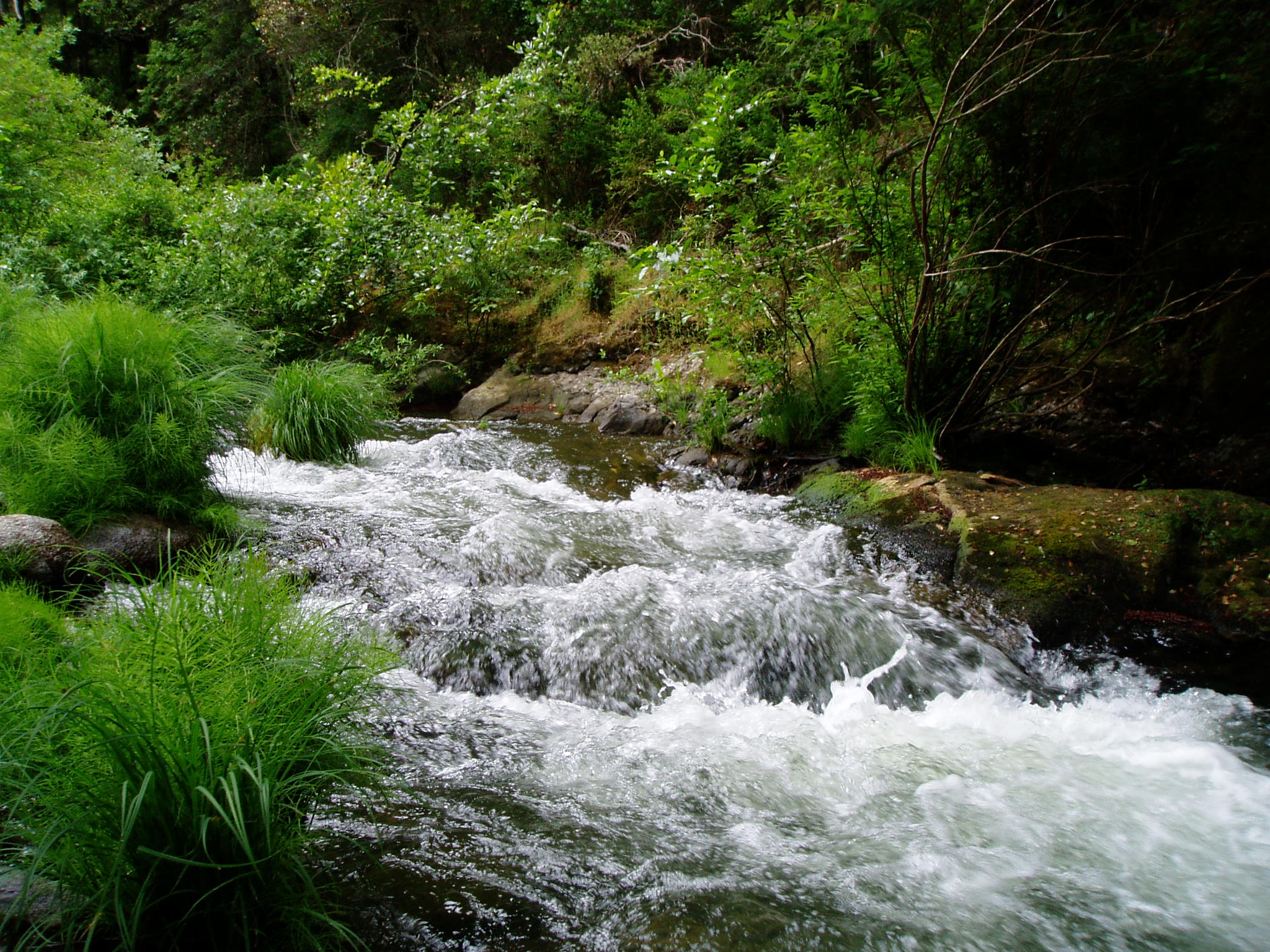If you have a well that gets inundated during a flood, your water quality could be impacted. Environmental Health has put togehter a guidance document to help well owners who believe their wells have been impacted by flood.
Download the Flooded Well Guidance Document Here.
Please exercise caution before consuming water from any water supply that has been potentially compromised by recent storms.
- How do I know if the water is safe to drink? The only way to confirm that the water is safe to drink is to have it tested for the presence or absence of bacteria.
- Is it possible to use the water before I am able to get test results? If the water system has been compromised, it is best to disinfect any water that will be used for drinking (see Guidance document)
- How can I get my water tested?: The County’s water quality program is providing bacterial testing services for private water systems and small water systems in the aftermath of the storm emergency. Sample containers and sampling instructions will be available for pick-up at the Water Quality Laboratory (1060 Emeline Avenue, B-1, download the lab location here) on Thursday 1/5/23 between 9:30 am and 2:00 pm (location information attached). Water samples need to be collected in accordance with the sampling instructions. Samples can be delivered to the laboratory Thursday 1/5/23 or Friday 1/6/23 between 10:00 am and 4:00 pm. Results will be available within 24 hours after sample receipt.
- How do I get more information? Please contact the laboratory (WaterLab@santacruzcounty.us or 831.454.4624) if you’d like additional information or to schedule testing.
This Water Resources Division strives to protect water resource quality and quantity for our community and the environment. Programs include:
- Community water supplies protection and sustainability
- Water quality monitoring and management
- Fisheries and wildlife conservation
Santa Cruz County surface water and groundwater provide drinking water for residents and visitors, critical habitat to numerous plant and animal species, and opportunities for recreational and commercial activities. Like many other areas of California, the County faces water resource challenges including inadequate water supply particularly during droughts, impaired water quality, overdrafted groundwater basins, depleted streams, and degraded riparian habitat.
The overwhelming majority of Santa Cruz’s water supply is locally derived – a unique situation in a state supported by large federal and state water projects. Domestic supply within the region is provided by five large public agencies, four medium water systems, 115 small water systems, and some 8,000 individual wells. The County Water Resources Program works together with partners countywide and beyond toward long-term solutions to ensure a reliable water supply, balanced with maintaining environmental benefits.
The Water Resources Program is housed within the Environmental Health Division of the County of Santa Cruz Health Services Agency. In 2004, the Board of Supervisors directed the Environmental Health Director to assume the lead role in coordinating water resource efforts among the County departments. The Water Resources Program provides support for regulatory compliance under state and federal statues including the Clean Water Act and Safe Drinking Water Act. The Program includes an accredited laboratory that conducts microbiological and chemical testing of water samples from marine, freshwater, groundwater and drinking water sources.